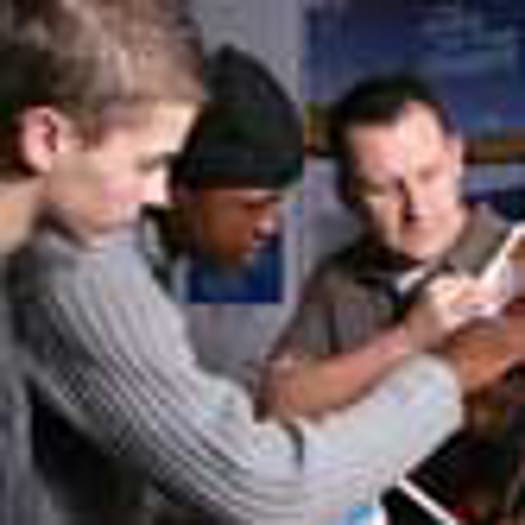The sector skills council failed to make the fourth round of the government-run NSA's qualification process, despite having won £62m from the government to put towards training initiatives.
Proskills is now working with the LSC and the NSA to revive its bid in the hope of progressing to the next stage, with another approach anticipated by early next year.
Terry Watts, chief executive of Proskills, expressed his disappointment at the decision adding that the bid may have been too complex.
"It is a difficult sector we are working with but we are doing our best to make the academy a reality," he said. "I would urge critics of our bid to support us going forward. We need to work together to meet the industry's needs."
The NSA scheme would provide a network of regional partners to help meet the training needs of the manufacturing industry. The winning bidder would get funding from the LSC in the region of £5m, for the first three years.
However, the bid has met with criticism from within the industry, as signs of infighting within Proskills emerge.
Mark Snee, managing director of Technoprint and member of the Proskills committee, has criticised the bid's "lack of vision".
He added: "Proskills' days will be numbered unless they can achieve something. They need more to look inwards and take more accountability."
Yet, the deferring of the bid has in turn been met with disappointment by many in the industry.
Darrin Stevens, Polestar group training director, said: "We need to get behind this and assist Proskills in getting the grant. It is easy to just sit back and criticise but it is those who do not help that should be blamed if the bid is not successful."
Nigel Hawke, training manager at TJ International and Proskills board member, added: "We need to unite as an industry. Different companies are demanding different things and there's not enough common ground."
Call for unity as Proskills reassesses NSA bid
Proskills has called for unity as it prepares to relaunch a bid for a print National Skills Academy (NSA) after the initial application was deferred by the Learning and Skills Council (LSC).







